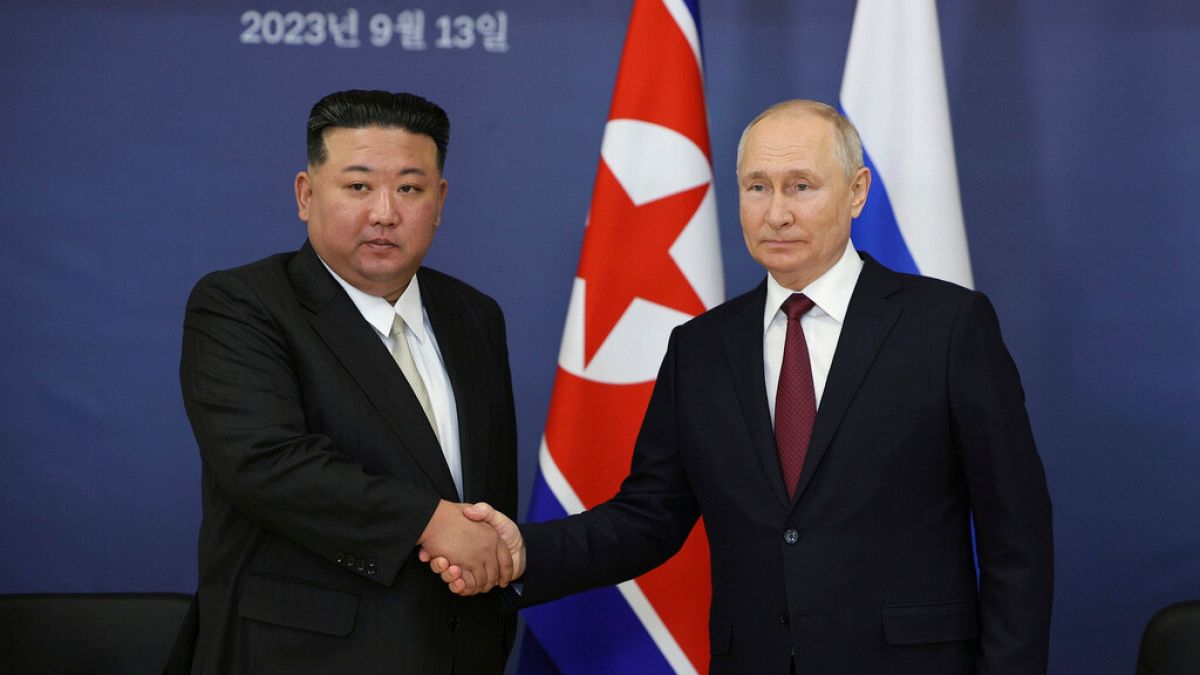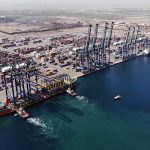North Korea and Russia recently ratified a major defense pact, which is considered the largest agreement between the two nations since the end of the Cold War. The treaty outlines mutual military aid and requires both countries to provide immediate military assistance to each other if attacked. This move comes amidst reports of North Korean troops in Russia preparing to fight against Ukrainian soldiers, raising concerns among the US, South Korea, and Ukraine.
The US confirmed the presence of 10,000 North Korean troops in the Russian region of Kursk, where Ukraine launched a surprise incursion in early August. Ukrainian President Volodymyr Zelenskyy stated that his army is holding down around 50,000 troops in Kursk, but did not clarify if they were North Korean or Russian troops. Intelligence estimates suggest there are up to 12,000 North Korean troops engaged in conflict in Ukraine, marking the first time a third country is directly involved in the conflict.
The treaty, known as the “Comprehensive Strategic Partnership,” will come into effect once both countries exchange ratification documents. In addition to military aid and assistance, the pact calls for cooperation in various areas such as peaceful atomic energy, space, food supply, trade, and the economy. Speculations suggest that the ratification of the treaty could indicate that North Korea might formally enter the Russia-Ukraine war in the near future.
South Korea and the US have expressed concerns over potential transfers of sensitive technology from Russia to North Korea, which could enhance the latter’s nuclear and missile programs. Reports indicate that North Korea has sent over 13,000 containers of artillery, missiles, and other arms to Russia since August 2023 to replenish its weapons stockpiles. NATO’s Secretary General Mark Rutte has described the presence of North Korean troops in Ukraine as a “dangerous escalation” of the conflict.
Overall, the defense pact between Russia and North Korea signifies a significant alliance between the two nations, raising geopolitical tensions and concerns among other countries involved in the Russia-Ukraine conflict. The collaboration in military aid and assistance, as well as the pursuit of a “just and multipolar new world order,” highlights the growing partnership between the two countries. With escalating tensions in the region, the implications of this agreement remain uncertain, leaving South Korea, the US, and Ukraine on high alert regarding potential outcomes and developments.










